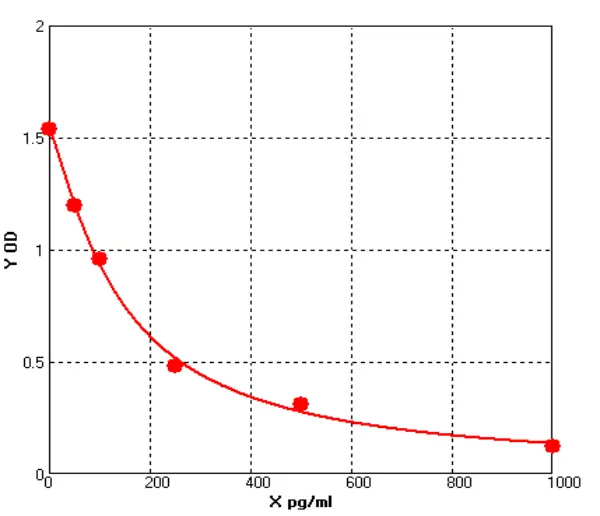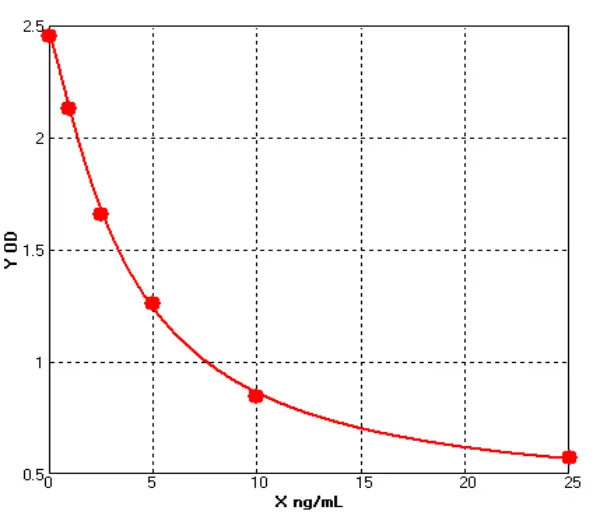Caspase-9 in Cancer Research: Early Diagnosis to Targeted Therapy
Caspase-9 and Its Relationship with Cancer Cell Apoptosis
Caspase-9 is a key cysteine-aspartic protease that plays an essential role in the process of apoptosis. Studies have shown that cancer cells often evade cell death by inhibiting the activity of Caspase-9, allowing for uncontrolled proliferation. By using the Caspase-9 ELISA, researchers can quantitatively measure the activity of Caspase-9 in cancer cells, providing insight into the mechanisms through which cancer cells escape apoptosis. This not only offers a new perspective for cancer research but also presents potential molecular targets for targeted therapy.
Caspase-9 ELISA Kit Assists in Early Cancer Diagnosis
In early cancer diagnosis, measuring Caspase-9 activity serves as a valuable indicator. The Caspase-9 ELISA can detect Caspase-9 activity in plasma, cell, or tissue samples, helping researchers identify early signals of cancer. Especially in cancers that are difficult to detect in their early stages, such as pancreatic cancer or lung cancer, Caspase-9 testing could become one of the screening methods. By analyzing Caspase-9 activity levels in a large number of patient samples, researchers can more accurately assess the occurrence and progression of cancer.
Caspase-9 as a Potential Target for Targeted Therapy
With the widespread use of targeted therapies in cancer treatment, Caspase-9 has emerged as a potential target for such therapies. Many anticancer drugs induce cancer cell apoptosis by activating Caspase-9. Using the Caspase-9 ELISA, researchers can evaluate whether a drug effectively activates Caspase-9 to trigger apoptosis. This process is crucial for new drug screening and assessing treatment efficacy. The use of this ELISA kit enables precise monitoring of drug effects on cancer cells, further enhancing the accuracy of targeted therapies.
Efficiency and Application Value of the Caspase-9 ELISA Kit
The Caspase-9 ELISA kit offers high sensitivity and precision, enabling reliable results in a short amount of time. Compared to traditional detection methods, this kit is simple to use and ideal for large-scale sample testing. Whether in basic cancer research or preclinical drug screening, the Caspase-9 ELISA provides critical data support.
In conclusion, the application of Caspase-9 in cancer research extends beyond understanding the mechanisms of cell apoptosis, playing an increasingly important role in early diagnosis and targeted therapy. The Caspase-9 ELISA kit offered by Bluegene Biotech, with its efficiency and accuracy, has become an essential tool in the field of cancer research, assisting researchers in achieving better results in early cancer diagnosis and treatment assessment.



